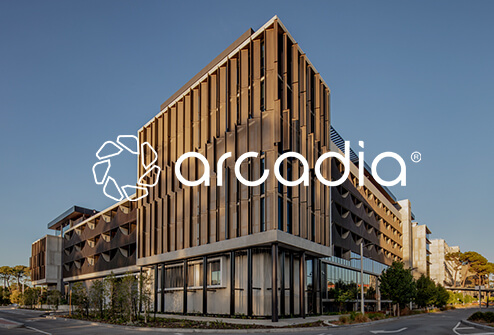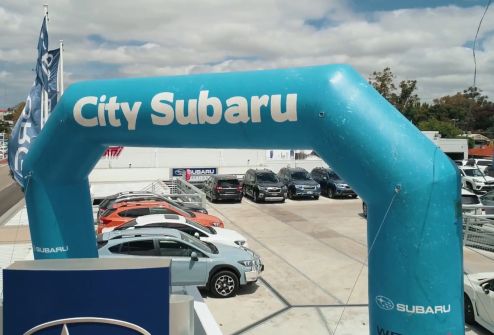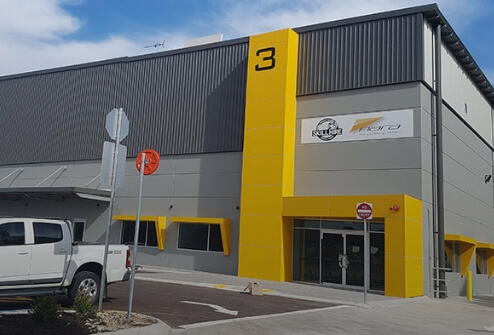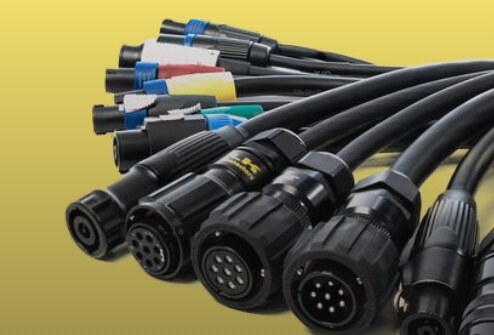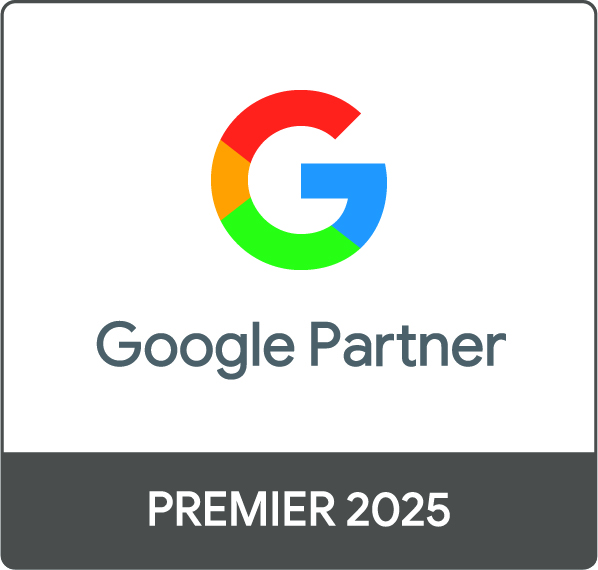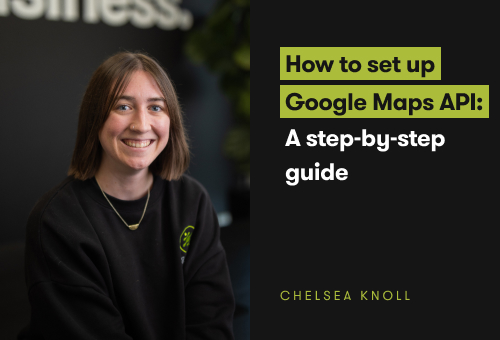ON-PAGE SEO SERVICES
On-Page SEO
Improve your search engine ranking
To make it big on Google, you have to play by their rules. The tricky thing is that they like to change their rules a sh#t tonne. In layman’s terms, it kind of works like this – once they create a new set of rules, they enforce these new rules with a set of algorithms that assess how well you’re abiding by them, and then Google rewards or punishes you accordingly. For guidance on how to stay ahead of the curve, contact our team today.
We Create Business
Just ask any of these Australian brands.
Meta tags & body tags
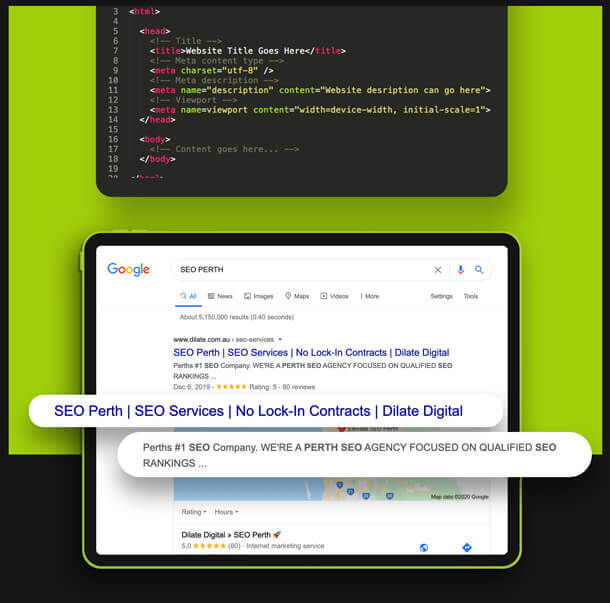
One of our main priorities when it comes to optimising your on-page SEO is how we approach the content within your meta & body tags. These tags are snippets of text which describe what sort of content you can expect to read on a particular page. You’d probably recognise these as the organic search results that appear on Google after you’ve searched for something. Included in your meta tags is a title tag, meta description and a selection of qualified keywords. Although these pieces of information won’t appear on the actual website, it helps the search engine know exactly what the content is about and file you accordingly. The search engine will also check that your website content matches what you’ve described on your meta tags so we take care to ensure that the two pieces of content align.
Once we have optimised your meta tags to ensure ultimate ranking opportunity, you get to work creating the ‘body tags’ within the content on your website. These body tags are implemented in your Headings, or as we more commonly know them as, your H1. Using keywords in your body tags means that the search engine will more easily be able to understand the content of the website & it’s also much easier for potential customers to when you break up text with headings.

Focused on page speed & mobile friendliness
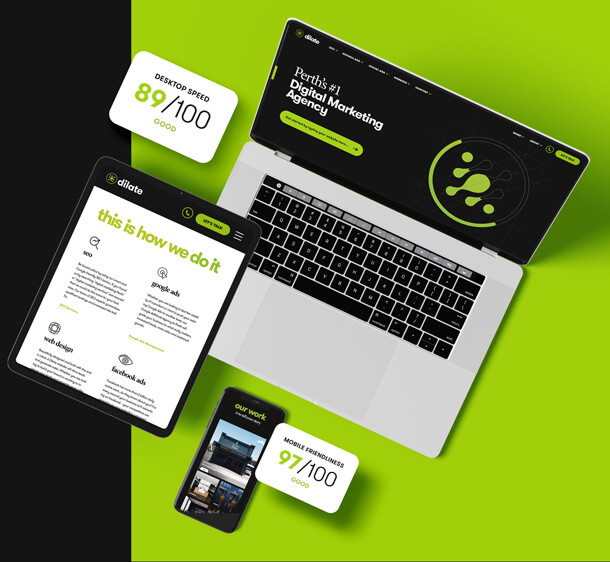
In terms of your on-page SEO, you need to make sure you take a look at the speed of your website and whether it’s mobile friendly. Page speed is one of Dilate's core focus in web design, it's also one of the main search engine ranking signals in Google's algorithm, more recently, the mobile friendliness of your website has also become a factor. If you have a fantastic website which is a little slow and doesn’t gel with mobile phones, it might be time to take a closer look to speed things up.

Google-friendly URL structure

Yes, even the URL structure (web address) of your website can make a difference to your on-page SEO. A straightforward URL structure means that both customers and search engines know what the webpage they’re about to visit is about. Don’t include a whole heap of numbers or punctuation marks in the URL – this looks messy and can be confusing. Also, resist the temptation to create lengthy URLs jam-packed with keywords. You’re best off keeping your URL structure simple and relevant.

Keyword density for your content
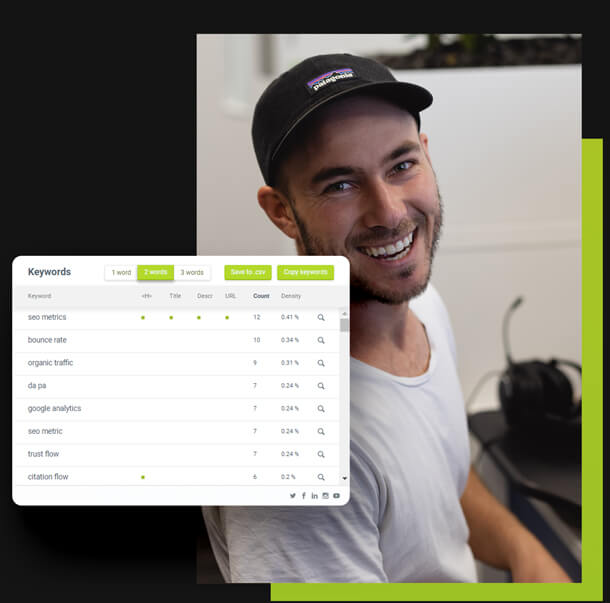
Keyword density refers to number of times that a keyword appears on a webpage compared to other word in the content. When it comes to SEO, is there an optimal keyword density? Although there isn’t a specific percentage outlining how often your keyword should appear, you need to make sure you place your keywords into your content in a natural way so the content doesn’t sound robotic. However, don’t make the mistake of mentioning your keyword too often in your on-page content – Google may decide that it’s spam and it will appear lower down in the rankings.

Internal linking throughout your website
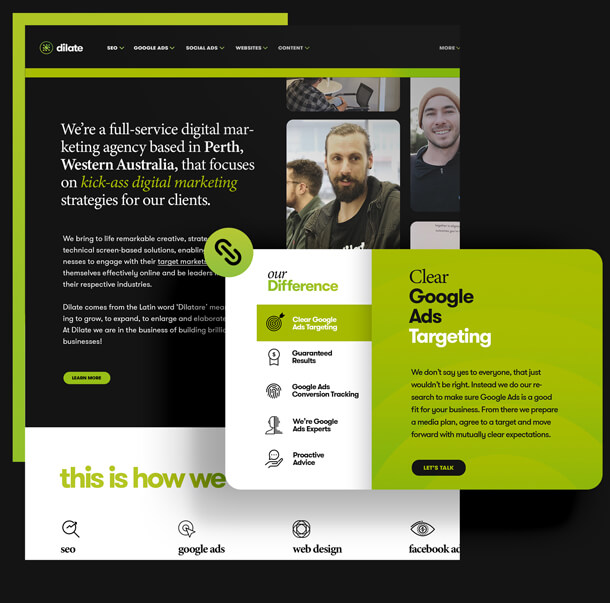
Internal linking is an SEO tactic which is commonly used in content marketing. It means that you connect one page of your website with a link to another page of the same website. This strategy encourages navigation throughout the website, connects customers to the more valuable content on your business website, improves your ranking for certain keywords and helps promote specials or events. Use moderation when it comes to internal linking and make sure you’re linking to parts of your website which will actually be useful to the customer.

Schema and AMP to boost your website

Schema is a type of microdata that can be inserted into your website to make it easier for the search engine to interpret the information included in your on-page content. Although including schema into your website won’t automatically improve your search engine ranking, it will help with greater visibility of your content.
AMP (accelerated mobile pages) also needs to be considered in your on site SEO strategy. AMP is open source coding structure designed to make websites open more quickly on mobile devices and use less data. By optimising the speed that your website can load onto a mobile, you’re impacting on your SEO as customers will get a positive impression which leads to more engagement and clicks.
At Dilate, our on page seo services we can help you develop your on-page SEO so you can more easily compete with other businesses. To discuss how we can help, contact us today and we can have a chat about your SEO needs.


happy clients
what our clients are saying
Feed your mind


